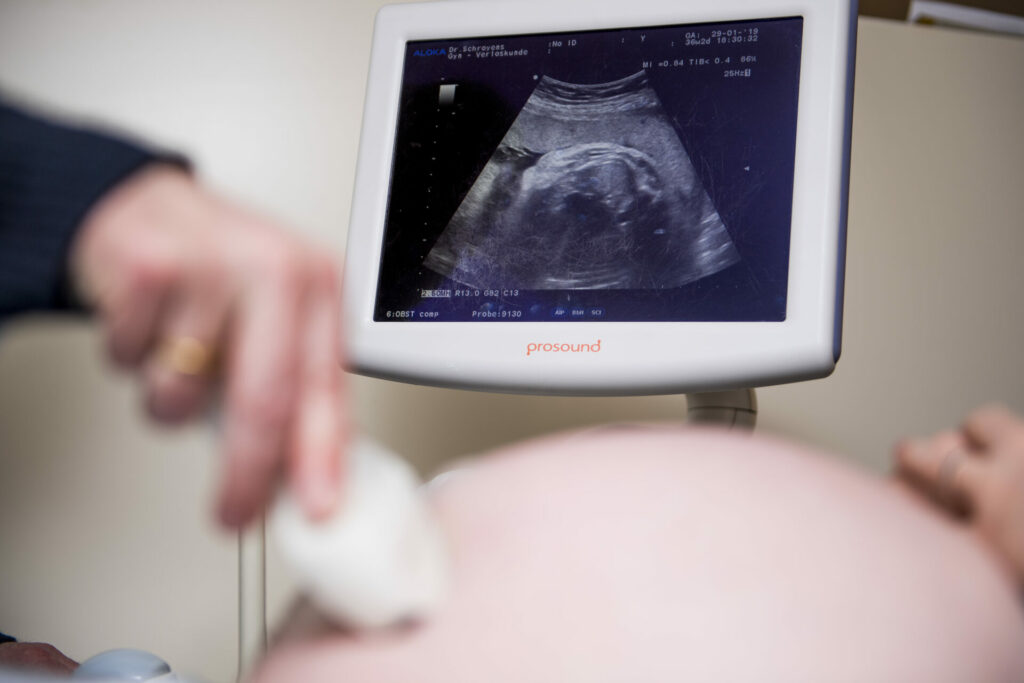Although Belgium already offers pregnant women screenings for over 1,200 hereditary disorders in unborn foetuses, most expecting couples are unaware that they can take tests to see if they risk passing on hereditary diseases to their children.
It is perhaps unsurprising that most people are unaware of the tests; they are only available at centres for medical genetics, of which there are only eight in Belgium. Moreover, the centres are mainly attached to university hospitals that are mostly frequented by couples familiar with the hospital already.
Yet the BeGECS test (the Belgian Genetic Expanded Carrier Screening) is available to any couple. If one parent carries a recessive gene with a fault, it is not an issue if their partner doesn't have the same gene. If both partners carry the same fault in their genes, their child will be at risk of a hereditary disease.
Flawed genes in healthy individuals aren't unusual. One in every 25 Belgians carries the gene which causes cystic fibrosis.
Informed decision
The BeGECS test can detect over 1,200 hereditary illnesses. But despite its benefits, the test doesn't come cheap and expecting parents must pay €1,400.
Yet it lets parents make an informed choice about their child if it is discovered that their child may become seriously ill. The couple can decide to go for further testing throughout the pregnancy, terminate it if the foetus is ill, or opt for IVF where only healthy embryos are put in the womb.
For expecting parents, having that knowledge can determine how they choose to proceed. Some might not want to start the IVF process or might even terminate a pregnancy. Not getting unexpected surprises can be an enormous help to parents and the newborn child.

